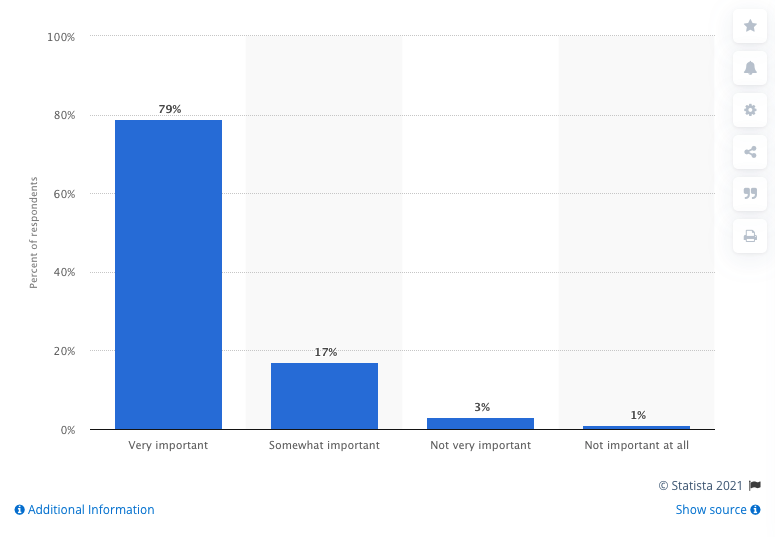Scaling a business can be both an exciting and challenging opportunity for business owners. Branching out towards new horizons can help to secure your long term growth and move the company to the next level, but there are also great challenges surrounding the funding of such ambitious ventures and the upheaval it may cause for your operations.
While businesses that act intelligently and affirmatively during the scaling process can potentially reap great rewards in the form of rapid growth, it’s important to keep an eye on the sustainability of your ambitions.
In the world of business, it’s possible to grow up too fast, be sure to take measures to steady your business while it’s undergoing such significant changes. With this in mind, let’s take a look at some of the most effective ways of ensuring that you scale your business up in a measured and sustainable manner.
Prioritise Simplicity
The best entrepreneurs in the business world know how to make complex processes seem simple. They can take confusing business plans and make them feel more straightforward and bite-sized. This particular asset is an excellent way of aiding the scale-up process without alienating your stakeholders.
One famous example of a leading business person with an eye for simplicity can be found in Steve Jobs, who was so keen to avoid the temptation of overcomplicating scaling processes that he famously cancelled projects that he identified as extraneous.
Complexity can be a productivity black hole that requires more meetings, collaboration, explanation and interruption to established processes. Transera president and COO Arnab Mishra said: “As businesses grow and scale, the key dynamic that slows progress and, at the extreme, impairs a business, is the creeping effect of complexity. CEOs of growing companies need to be aware of the impacts of growing complexity, and take actions to continuously simplify the operations and strategy of the organization.”
Maintain a Company Culture

(Graph above showing the importance that new hires assimilate into the company culture. Source: Statista)
When scaling a business, your employee headcounts can grow very quickly. This means that any company culture that you’ve worked on establishing during the early days of the company could be lost as more workers enter the fray.
For this reason, it’s vital to define culture in clear terms and observational behaviour. Organisational learning is a largely social process, and while you may have listed out your company culture in the onboarding process, many employees could have varied opinions on what terms mean.
Be sure to define each of your company values of briefs into behaviours that people can observe. For instance, the term ‘respect’ may be a core value for your business, but make sure that you work to uphold it by remembering to be a great listener and to take on board the ideas of others.
By following the behaviours that define your company culture, you can ensure that your burgeoning teams are working with the same cultural definitions and also to solidify abstract values in more concrete ways. This, in turn, can help your new employees to continue to learn and reinforce your values as teams continue to grow.
Promote Clarity Within the Company
Although it may be tempting to maintain a level of opacity within your business as it scales, it can pay dividends in ensuring that your staff remain happy, motivated and content in their roles by clearly explaining your intended scaling process with them.
Periods of transition can bring great upheaval among workers. They can be fearful of losing their jobs, concerned about potential setbacks, or confused about what the process involves. Allay their fears and encourage their involvement by asking for suggestions and recommendations.
Plans for scaling can be wildly complex things, you may be surprised by the quality of market insights that your employees can provide.
Keep Your Structure Intact
The structure of your organisation is crucial to its success. As the company grows, seek to adapt your structure to place key decision-makers appropriately in a hierarchy to help onboard your new hires.
As you continue to scale and reload your hiring process, remember to take some time to consider your company structure, and adapt your hierarchies to ensure that it’s not too flat when it comes to new hires seeking out help. Again, this process not only helps to delegate responsibility accordingly, but it also works to keep your long-term employees happy and motivated during the sweeping changes taking place. It helps to show them that their loyalty and hard work is valued, helping to maintain a more positive company culture and working environment.
The scaling process may be a period of prolonged upheaval, but by caring for your company structure, existing employees and upholding a consistent culture within the business, you can ensure that you run a steady ship throughout your journey towards growth.
Business & Finance Articles on Business 2 Community
(69)
Report Post



